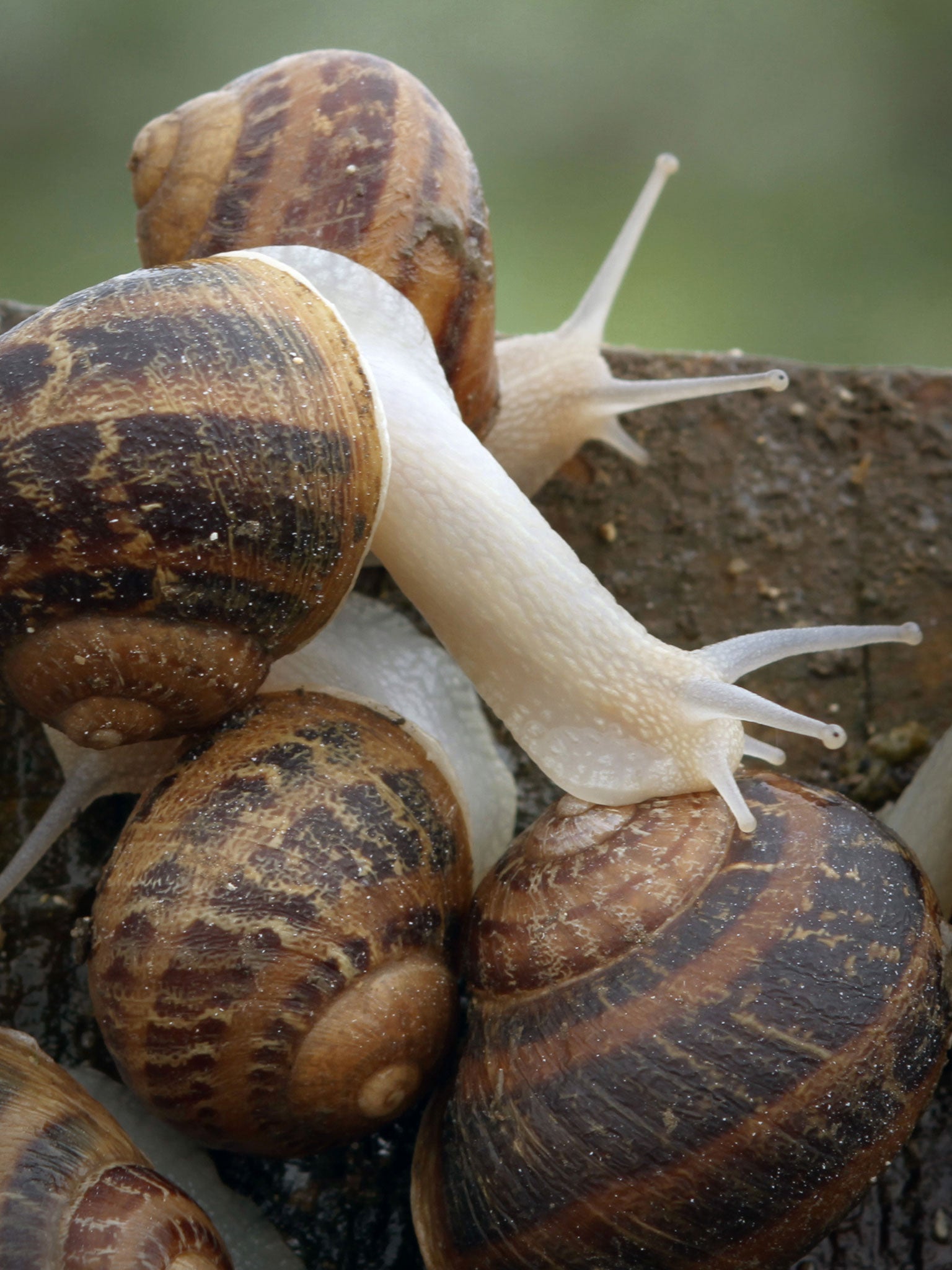
Your support helps us to tell the story
From reproductive rights to climate change to Big Tech, The Independent is on the ground when the story is developing. Whether it's investigating the financials of Elon Musk's pro-Trump PAC or producing our latest documentary, 'The A Word', which shines a light on the American women fighting for reproductive rights, we know how important it is to parse out the facts from the messaging.
At such a critical moment in US history, we need reporters on the ground. Your donation allows us to keep sending journalists to speak to both sides of the story.
The Independent is trusted by Americans across the entire political spectrum. And unlike many other quality news outlets, we choose not to lock Americans out of our reporting and analysis with paywalls. We believe quality journalism should be available to everyone, paid for by those who can afford it.
Your support makes all the difference.
Heavy showers are a typical feature of Spanish springtime. And as soon as the downpours stop, it is traditional for sharp-eyed villagers to rush out, saucepans in hand, to sweep up any snails emerging from under rocks or damp hollows of earth – as molluscs tend to do after rainfall – and use them for a cheap lunch.
But in one Catalan village, Castellnou de Seana – which tourist guides recommend on the grounds of a culinary speciality, cargols a la llauna (roast snails) – this centuries-old practice has recently become banned on pain of a €750 fine, thanks, indirectly, to Spain’s recent recession.
The problem is there has been a big increase in marauding gangs of snail thieves plundering the stock of the tasty molluscs.
The “snail raiders”, Catalan newspaper La Vanguardia reports, are mainly unemployed non-residents for whom, in these hard times, selling the creatures provides a much-needed source of income.
“It’s one thing looking for snails in fields like we’ve all done all our lives,” objects the village mayor Jordi Llanes, “another looking under rocks and damaging crops.”
The solution? “Prohibited activity” signs, featuring silhouettes of considerably larger-than-life snails sliding tantalisingly from left to right behind a forbidding diagonal red line, have sprung up in and around the village.
Since when, Mr Llanes happily reports, “far fewer people are wandering around our countryside”.
Presumably the snails aren’t complaining, either.
Join our commenting forum
Join thought-provoking conversations, follow other Independent readers and see their replies
Comments